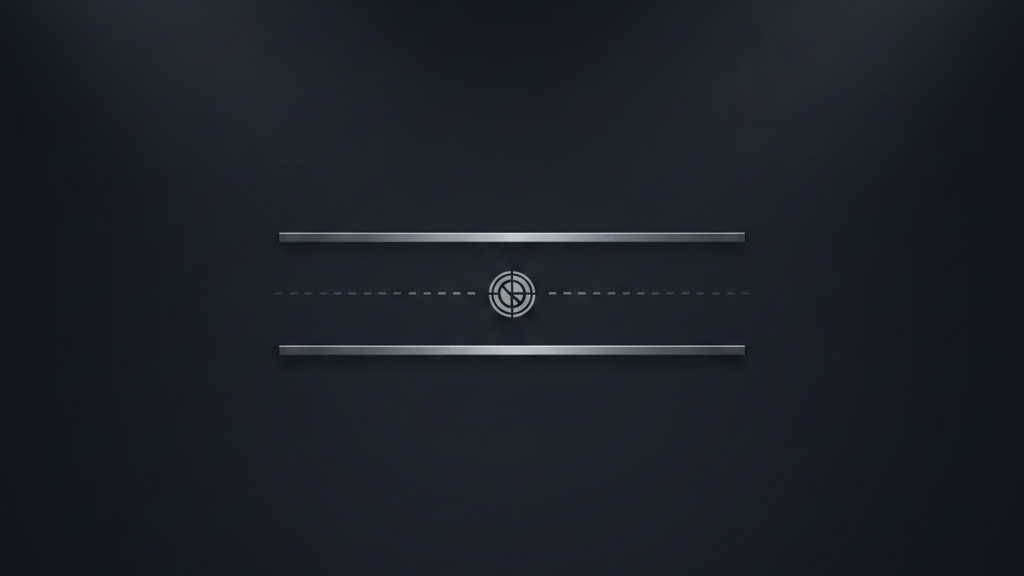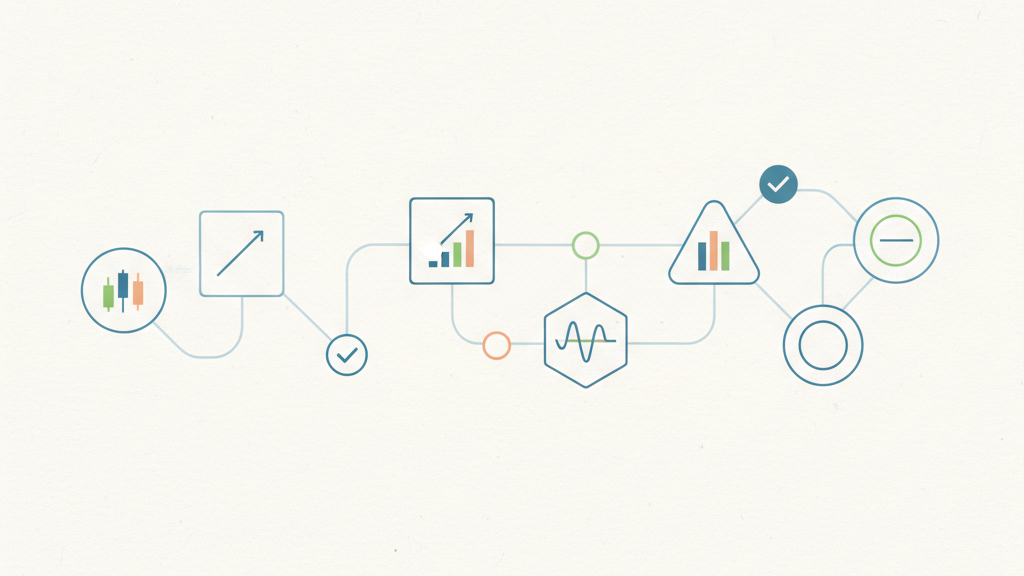Key Points
- A smart contract wallet is a programmable on-chain account, not a single private key account.
- An AA wallet is short for an account abstraction wallet, which usually means a smart wallet that can support features like recovery rules and gas sponsorship.
- These wallets reduce common beginner pain points, but they introduce new risks, mainly smart contract risk and third-party dependency risk.
- Most people should still keep larger long-term holdings in cold storage, and use an AA wallet for everyday app activity.
If you want quick definitions for EOA, smart contract, seed phrase, social recovery, guardians, gas sponsorship, paymaster, bundler, and user operation, see the Markets Unplugged Crypto Glossary.
New to wallets in general? Start with the wallet hub article that explains wallet types and how wallets work, then come back here.
Quick Answer
A smart contract wallet is a wallet account controlled by code on-chain rather than controlled only by one private key. When people say AA wallet or account abstraction wallet, they usually mean a smart contract wallet that can add features like seedless login, social recovery, spending limits, and flexible gas payments. On Ethereum and EVM networks, this is commonly implemented using the ERC 4337 account abstraction model.
What Is A Smart Contract Wallet
A traditional crypto wallet is usually an externally owned account, often called an EOA. In simple terms, one private key controls everything.
A smart contract wallet is different. The wallet account itself is a smart contract. That contract defines the rules for spending and recovery.
That means the wallet can be configured to require more than one approval, allow recovery through trusted guardians, or limit what can be sent in a single day.

What Is An Account Abstraction Wallet
Account abstraction is the idea that your wallet does not have to be limited to one signature type and one rigid transaction flow.
On Ethereum and many EVM chains, account abstraction is commonly linked to ERC 4337. Instead of sending a normal transaction directly from an EOA, the wallet can create a user operation that is bundled and executed through an entry point contract. This is what enables common AA wallet features like sponsored gas, paying fees with tokens, and batching multiple actions into one confirmation.
You do not need to memorise the mechanics. The takeaway is that an AA wallet is designed to feel more like a modern app account while still being self-custody in many setups.
Why Beginners Care About AA Wallets
Smart contract wallets matter because they reduce the most common beginner failure modes.
Recovery Can Be Less Fragile
Instead of one seed phrase being the single point of failure, recovery can be designed with rules:
- A second device can approve recovery
- Trusted guardians can approve recovery
- A time delay can be required before large transfers
This is often called social recovery.
Gas Can Be Simpler
Some AA wallets can sponsor gas for the first actions, or allow fees to be paid using tokens instead of needing ETH on day one. This removes a classic beginner problem, having funds but being unable to move them because there is no native gas token.

Signing Can Be Cleaner
AA wallets can batch steps together so you do not have to approve three separate pop-ups to complete one task. That is a big usability difference when using decentralised exchanges, bridges, or NFT tools.
Risks And Trade Offs
Smart contract wallets are not automatically safer. They change the risk profile.
Smart Contract Risk
If the wallet contract has a bug, funds can be at risk. This is why audits, battle-testing, and reputation matter more for smart contract wallets than for basic EOAs.
Provider Dependency Risk
Some AA wallets rely on infrastructure providers for bundling, gas sponsorship, recovery flows, or cloud-linked sign-in. That can be convenient, but it introduces a trust trade-off.
Misunderstood Recovery
Seedless does not mean risk-free. If your recovery is tied to a device account or cloud backup, your security becomes partly dependent on the security of that system and how well you manage passkeys, devices, and backups.
Who Should Use A Smart Contract Wallet
A sensible beginner approach looks like this:
- Use an AA wallet for everyday app activity, on-chain actions, and small-to-medium balances.
- Use cold storage for long-term holdings that you do not want exposed to frequent app connections.
- If you are experimenting with new dApps, consider a separate wallet so you can isolate risk.
If you want a practical example, see the Coinbase Smart Wallet passkeys guide and compare it with your standard seed phrase wallet experience.
How To Choose An AA Wallet
Before you commit:
- Check whether the wallet is open-source and audited, and whether audits are recent.
- Understand the recovery method, especially who can approve recovery and how long it takes.
- Learn whether the wallet contract is upgradeable and who controls upgrades.
- Confirm which networks are supported, because AA wallet support is uneven across chains.
- Keep a separate backup plan for worst-case scenarios.

Common Mistakes
- Treating seedless as no backup required
Fix: confirm how recovery works, and test recovery on a secondary device when possible. - Using one wallet for everything
Fix: separate long-term holdings from app activity. - Clicking any sponsored link that looks like “support”
Fix: use official sites, bookmarks, and verified sources only. - Assuming gas sponsorship means free forever
Fix: read the wallet’s fee model, and understand when you will need native gas.
Mini FAQs
What Is An AA Wallet?
An AA wallet is a wallet that uses account abstraction, usually through a smart contract account, to support features like recovery rules, gas sponsorship, and flexible signing.
Is An AA Wallet The Same As A Smart Contract Wallet?
Most of the time, yes. In everyday use, AA wallet is a common label for a smart contract wallet designed to behave like a programmable account.
What Is An Account Abstraction Wallet?
It is a wallet that abstracts the standard EOA transaction flow, so the wallet can support custom verification and execution logic, often via ERC 4337 on Ethereum and EVM chains.
Do Smart Contract Wallets Use A Seed Phrase?
Sometimes. Some are seed phrase based, others use passkeys, guardians, or cloud-linked recovery. The key is understanding your specific recovery method.
Are AA Wallets Safer Than A Normal Wallet?
They can reduce beginner mistakes through better recovery and clearer flows, but they introduce contract risk and provider dependency risk. Safety depends on the wallet design and your habits.
Can AA Wallets Sponsor Gas Fees?
Yes, some can, either by covering initial transactions or by letting fees be paid in tokens. This depends on the wallet and the chain.
Can You Use Smart Contract Wallets With Bitcoin?
Native Bitcoin does not support the same on-chain account abstraction model as Ethereum. Similar ideas can exist on layers or separate systems, but it is not the same thing as an ERC 4337 smart account.
Hot Wallet Vs Cold Wallet, Which Should Hold More?
Cold storage is generally safer for larger long-term holdings. Hot wallets, including AA wallets, are better treated as spending and activity wallets.
What Are Smart Contracts In Blockchain?
A smart contract is code deployed on a blockchain that can hold assets and enforce rules. A smart contract wallet is simply a smart contract designed to behave like a wallet account.
If this helped you understand smart contract wallets, the next step is applying the idea safely in real life, choosing a recovery model you actually trust, separating long-term holdings from app activity, and avoiding shortcuts around backups.
Alpha Insider members get:
➡️ Kairos timing windows to plan entries before the crowd moves
➡️ A full DCA Targets page with levels mapped for this cycle
➡️ Exclusive member videos breaking down charts in plain English
➡️ A private Telegram community where conviction is shared daily
No noise… just the plan.
Legal And Risk Notice
This guide is for educational purposes only and does not constitute financial advice, investment advice, or a recommendation to buy or sell any asset. Crypto assets can be volatile and transactions are irreversible. Always verify websites, apps, networks, fees, and signing prompts, and never share recovery phrases or private keys.















Discussion